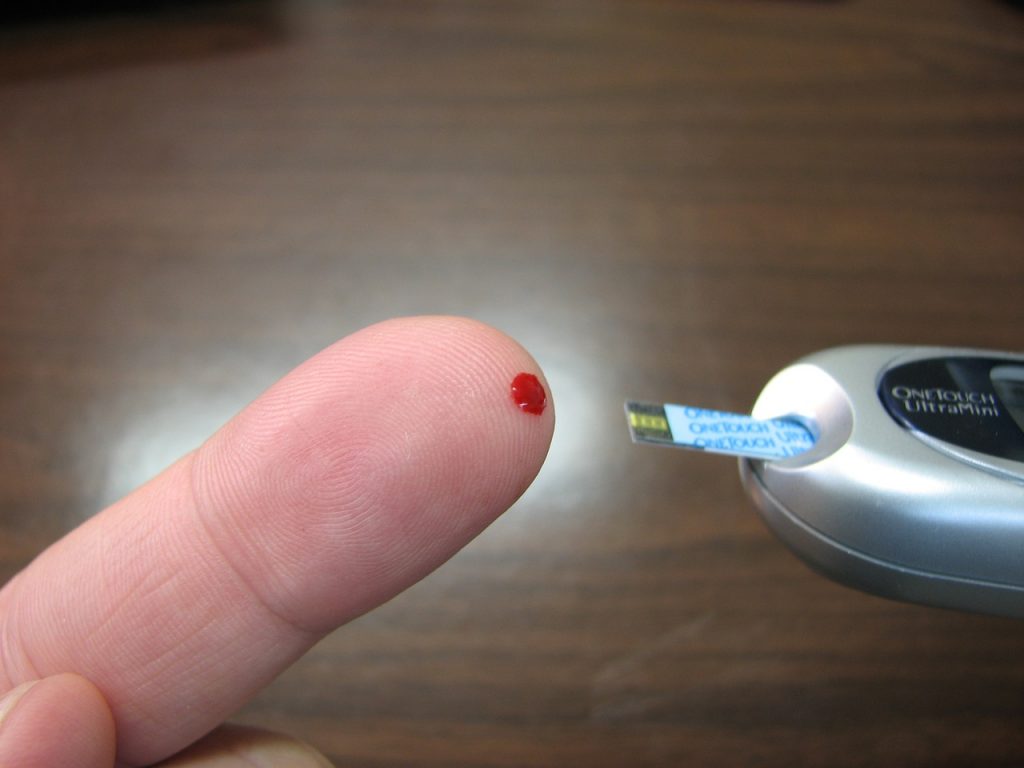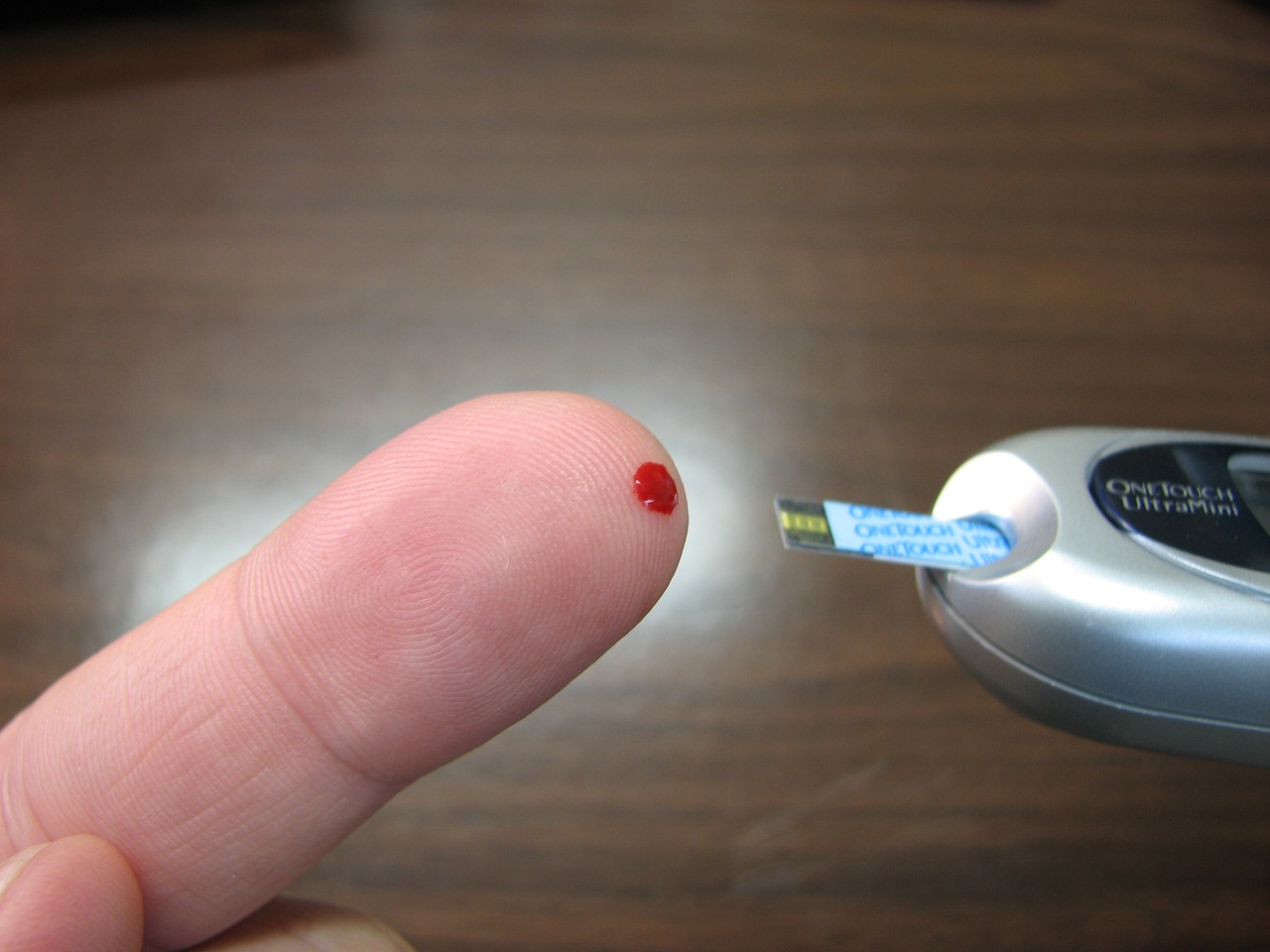A food allergy is an abnormal defense system feedback to the introduction of a food an ordinary harmless substances into the body. A feedback can happen within minutes, or a few hours, after the food is ingested. A food sensitivity is an adverse reaction to a food that does not involve the defense system, reactions can be quick or delayed up to twenty hour after a food is eaten.

What are the symptoms to watch out for?
Symptoms of sensitivity to Salicylates are sometimes unclear and can contain a mixture of the following: gastrointestinal issues such as wind and bloating, nausea, diarrhoea, and heartburn, aggravation of asthma or eczema. Food sensitivity can sometimes copy symptoms of other health conditions – it is vital to get tested out by a doctor to get rid of other issues first.
Diagnosing a food intolerance
The diet elimination and oral test challenge is the just way to detect a food sensitivity. All guessed foods are fully deleted from the diet for 1 to 3 weeks. if signs reappear, the sensitivity is verified. This test can also be done to detect a food allergy. It is vital that this test is undertaken under the supervision of an experience doctor, allergy expert or Registered Dietitian to ensure that right nutrition is maintained. If there is a danger of an extreme reaction, foods should never be re-launched without first consulting a health expert, especially in kids.
Salicylate sensitivity blood test
When symptoms emerge within a few seconds of eating the selected food, it makes pinpointing the allergen can simple task. Anyway, if the cause is strange, diagnostic examination may be required such as:
- Removing all suspects foods for 2 weeks, then restarting them one at a time to check for feedback. This must be performed under health supervision
- Allergy blood tests
- Skin prick examinations using food extracts
- Keeping a food and signs diary to confirm for patterns
Preventing food allergy in children
Allergy prevention in kids is an active place of research. Findings to date indicate that:
Postnatal – special breastfeeding during the first 4 to 6 months appears to save against the development of all allergies in early childhood.
Prenatal – there is no conclusive proof that avoiding allergens in pregnancy will stop allergies in your child.
Introducing powerful foods (including those considered to be allergenic) around 6 months is advised, preferably while continuing to breastfeed
Soymilk formula – studies have presented that using soymilk formula does not stop the development of allergies in children
Breastfeeding – avoidance of a food (adding foods considered to be very allergenic) by a woman while breastfeeding is not advised.
Extreme food allergy in children
Allergic reactions, adding anaphylaxis, are general, although deaths from anaphylaxis are rare. Most children and schools service across Australia are needed to have anaphylaxis management policy in region. Banning particular foods is not advised as it make a sense of complacency and is hard to monitor and enforce. An excellent approach is to educate staff, students and community about the dangerous linked with anaphylaxis and put strategies in place to decrease exposure to known allergies.
How do it manage it?
If you are self- assured you are intolerance to a particular food, the just way you can manage this is to:
- Prevent eating the food for a while, and then
- Reintroduce little quantities while monitoring how much you can eat without signs coming on.
By checking food labels, you will learn which types of foods to reject.
If you think your kid may have food sensitivity, check with your GP or dietitian before eliminating food from their diet, as a limited diet could affect their development and growth. Cow’s milk, for example, is a vital source of Vitamin D, calcium and protein.
When do I need to view a expert?
Your GP may want to favor you to an expert if they are not sure what is causing your signs and further tests are required.
You may also be favored if your kid has digestive issues (such as diarrhea and tummy hurt) and:
- Has reacted rapidly or severely to a food
- Is not growing well
- Has a suspended food allergy
- Has not responded to any taking away diet that your healthcare expert advise
Conclusion
Food allergies contribute to 100s of symptoms and sickness. In part, they are the outcome of a radically altered and generally chemically-contaminated food supply. In part, they are product of new unhealthy lifestyle, toxic living atmosphere, bad health and the quick-food mentality.
It is forever best done under supervision as Nutritionists/Naturopaths are trained to identify allergenic foods, pick the duration and technique in which to eliminate and challenge and then suggest you on how to modify your diet accordingly.

